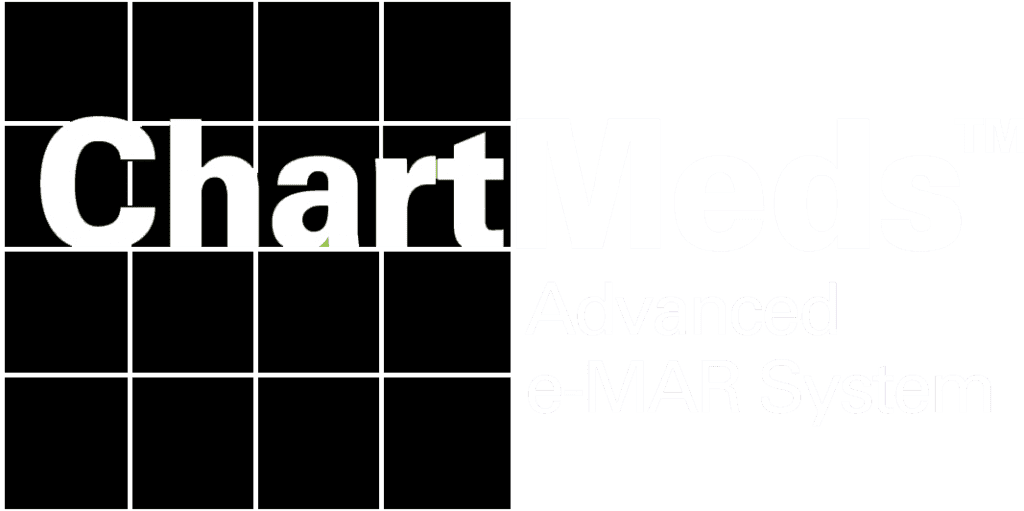How well does your hospital team manage the storage and organization of medical records?
Medical records management includes a broad set of tasks and protocols for organizing, storing, and safeguarding patient data. This includes paper files, electronic medical records (EMR), and the migration of data between paper and digital formats.
The importance of medical records management cannot be overstated. Medical professionals are obligated both ethically and legally to properly maintain and protect patient data.
From a practical standpoint, excellent patient care is virtually impossible for teams that fail to effectively manage their medical records. Time-consuming obstacles such as missing data or incompatible file formats are more than just headaches, they’re hazards to patient health.
On the other hand, healthcare organizations that prioritize medical records management enjoy better patient care results, streamlined daily operations, and happier workers.
Is your hospital in need of a better approach to medical records management? At Integrative, a Harris Healthcare company, our proven, full-featured EHR can be bundled with a comprehensive document management software solution that helps care providers easily store and retrieve patient charts. Data is always updated in real-time, archived with minimal effort, and presented in a clear format.
Once your hospital’s medical records management workflow has been optimized, here are a few benefits that your staff and patients will enjoy on a daily basis.
Improved Patient Health and Safety Outcomes
For healthcare providers to make informed patient care decisions, medical records must be organized and easily accessible. Data updates should be clear to each provider who opens a chart. Data should also be easily sorted based on categories such as entry date, so that key data is not overlooked.
Organized records prevent inefficiencies such as duplicate test orders, as well as more dangerous concerns such as drug interactions.
Reduced Costs
When medical records are easily accessed by whichever personnel needs them, appointments can move more quickly and efficiently. Redundant questioning, duplicate tests, and unnecessary procedures can be eliminated, saving costs by streamlining operations.
Additionally, teams that are able to adopt mostly-digital record keeping can reduce paper waste, saving on printing and storage costs.
Enhanced Staff Productivity
Proper medical records management helps healthcare teams work more productively. When patient charts are easily updated, archived, and accessed, workers spend less time sorting through paperwork and completing mundane data entry tasks.
Improved Communication
Optimized medical records management improves communication between healthcare providers by providing team members with direct paths toward whatever data they need to retrieve.
When a chart is updated, the new data should always be immediately available to all personnel who have access. Seamless, streamlined movement of data ensures that the entire provider team is always on the same page with regard to patient treatment plans.
Easier Compliance With Regulations
Another essential benefit of effective medical records management is compliance with regulatory requirements.
In 2009, congress passed the Health Information Technology for Economic and Clinical Health Act (HITECH), which strengthened existing standards set by the Health Insurance Portability and Accountability Act (HIPAA). Hospitals are now held to extremely high standards regarding data security, patient privacy, and medical records storage.
From the instant a medical record is created, its entire life cycle is governed by strict rules for storage and security. Therefore, to ensure ongoing regulatory compliance, hospital administrators must prioritize an effective and adaptable approach to medical records management.
Improved Patient Satisfaction
Finally, you can expect a boost in patient satisfaction metrics when your hospital’s medical records management improves.
When patients have easy access to their own medical records, they’re able to better understand their conditions and treatment plans. Patients who are permitted to take this more active role in their own healthcare tend to perceive their providers as being more competent and compassionate.
Get Better Medical Records Management For Your Healthcare Organization
At Integrative, we offer innovative EHR products for healthcare teams that need to improve their clinical and financial outcomes.
Hard copy record keeping is outdated and cumbersome, but not all digital medical record systems are created equal. The best EMR systems provide incredible storage and visualization tools while presenting interfaces that are easily navigated by non-IT staff.
Our integrated document management solution combined with our robust EHR empowers your care providers to capture, store, and retrieve patient charts more easily than ever before. System benefits include:
- Enhanced document auditing capability
- Integrated document scanning and indexing
- Confidential data redaction tools
- Disaster protection for files
To learn more, schedule a 15-minute call with the Harris Integrative team today.









